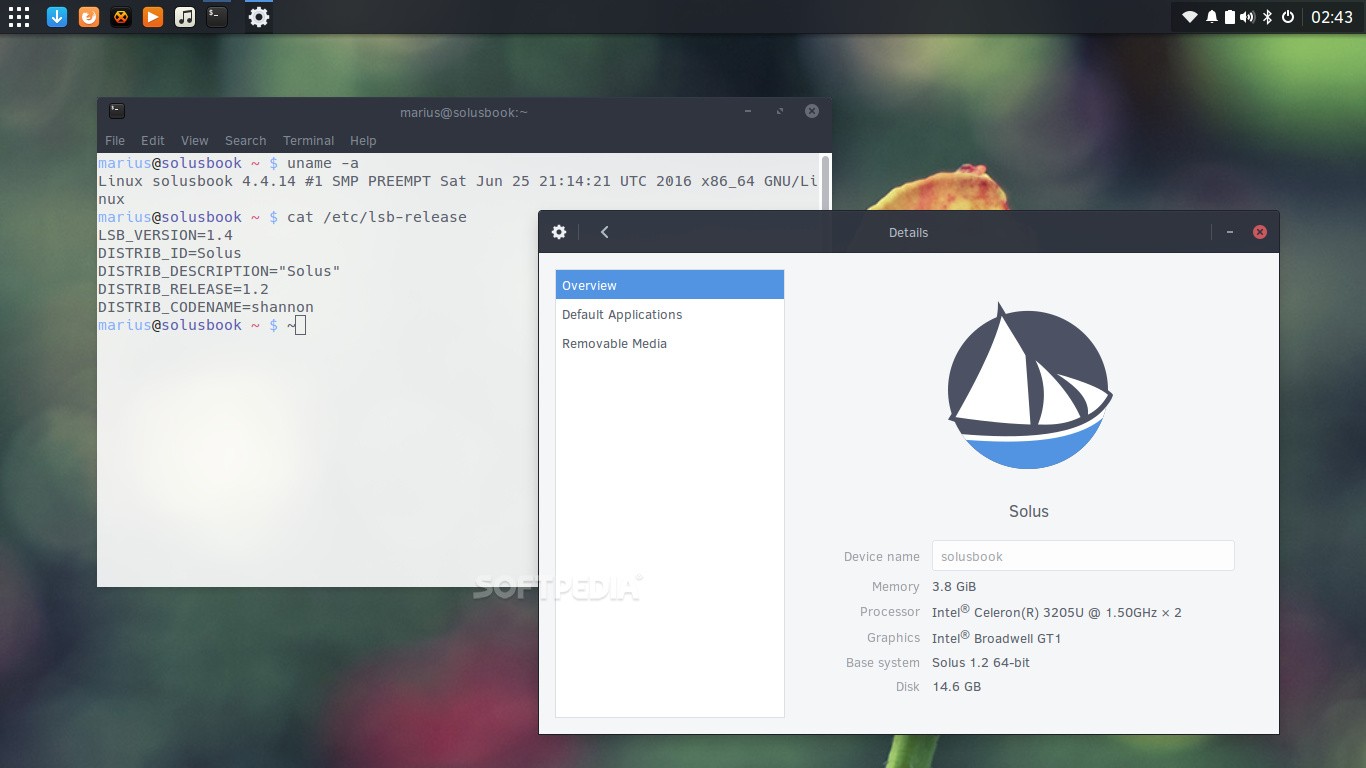
The Beta and Dev versions are less buggy and can be used as daily drivers. Canary, on the other hand, is the most experimental and least stable. Everything except the Stable version is a development version. Like the Chrome browser, at any given time, Google maintains four different versions of Chrome OS: Stable, Beta, Dev, and Canary. To use Linux apps, you’ll also have to switch to a Chrome OS development channel. You can find a list of compatible devices on Reddit. Moreover, Linux apps are not supported on all Chromebooks right now. Graphics acceleration or sound does not work with Linux apps yet and obviously, things can be buggy. You can even install Linux apps on a Chromebook powered by Chrome OS.īefore you begin though it’s worth noting that Linux app support is still in beta. In which case, it’s a win-win for everybody. Maybe Google can even convince big names like Adobe to develop an app for Linux. It can have Adobe Premier alternatives that Linux users have been using for years. With Linux apps, Chrome OS can have that Photoshop alternative that doesn’t suck, for instance.

The absence of serious productivity apps is a roadblock.

Chrome OS still lacks apps that can make it a true desktop OS competitor though. Chrome OS is gaining popularity and at least amongst the enthusiasts, it’s becoming a thing of its own. If you’re a fan of Chrome OS or Linux, this is a big deal. If you’ve been out of the loop, Google’s bringing Linux apps to Chrome OS.


 0 kommentar(er)
0 kommentar(er)
